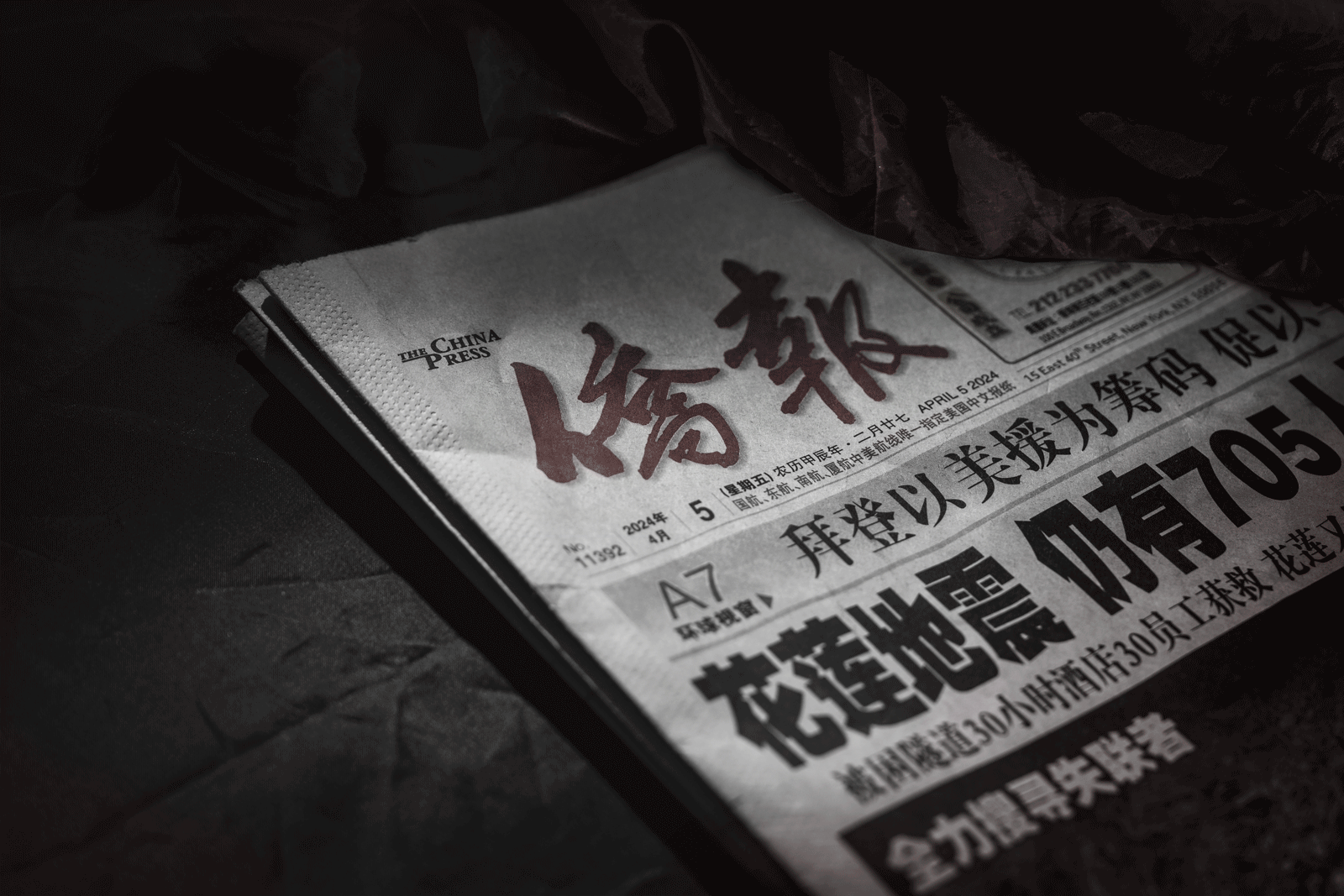After the bloodshed of the Tiananmen Square massacre in 1989, U.S.–China relations hit a low point. Official Chinese media outlets suffered such a backlash in the United States that Beijing was burning to find alternative avenues to broadcast its narrative.
Then, in New York, China Press was born, a Chinese-language newspaper founded by Xie Yining, now deceased, who made it the outlet’s mission to promote friendlier U.S.–China ties.
During the outlet’s fledgling days, top communist leaders “frequently met” with its executives, granted the newspaper rare interviews, and gifted handwritten plaques as tokens of appreciation, gestures that “undoubtedly aided China Press in establishing itself as an authority on China news coverage,” Mr. You recounted. He described overseas Chinese media such as his as “a key supplementary part” of Chinese Communist Party (CCP) overseas propaganda.
With such privileges, China Press thrived. By its own account, the regime’s “ever-growing global influence” and the “brisk expansion of mainland Chinese immigrants” made China Press the “fastest-developing Chinese language newspaper in America.”
The word Qiao, or diaspora, is also a homophone for bridge, which the Overseas Chinese Affairs Office, the ministry-level department that directs Beijing’s covert global influence operation, invoked in the early 1990s as it looked for ways to reshape global discourse, according to a former press officer for the body.
“These ‘Qiao’ publications carry power that the ‘official army’ cannot wield,” the press officer recalled CCP officials saying. By using the publications as a bridge, the officer told The Epoch Times, the officials saw that they could “go global.”
China Press rose to the occasion.
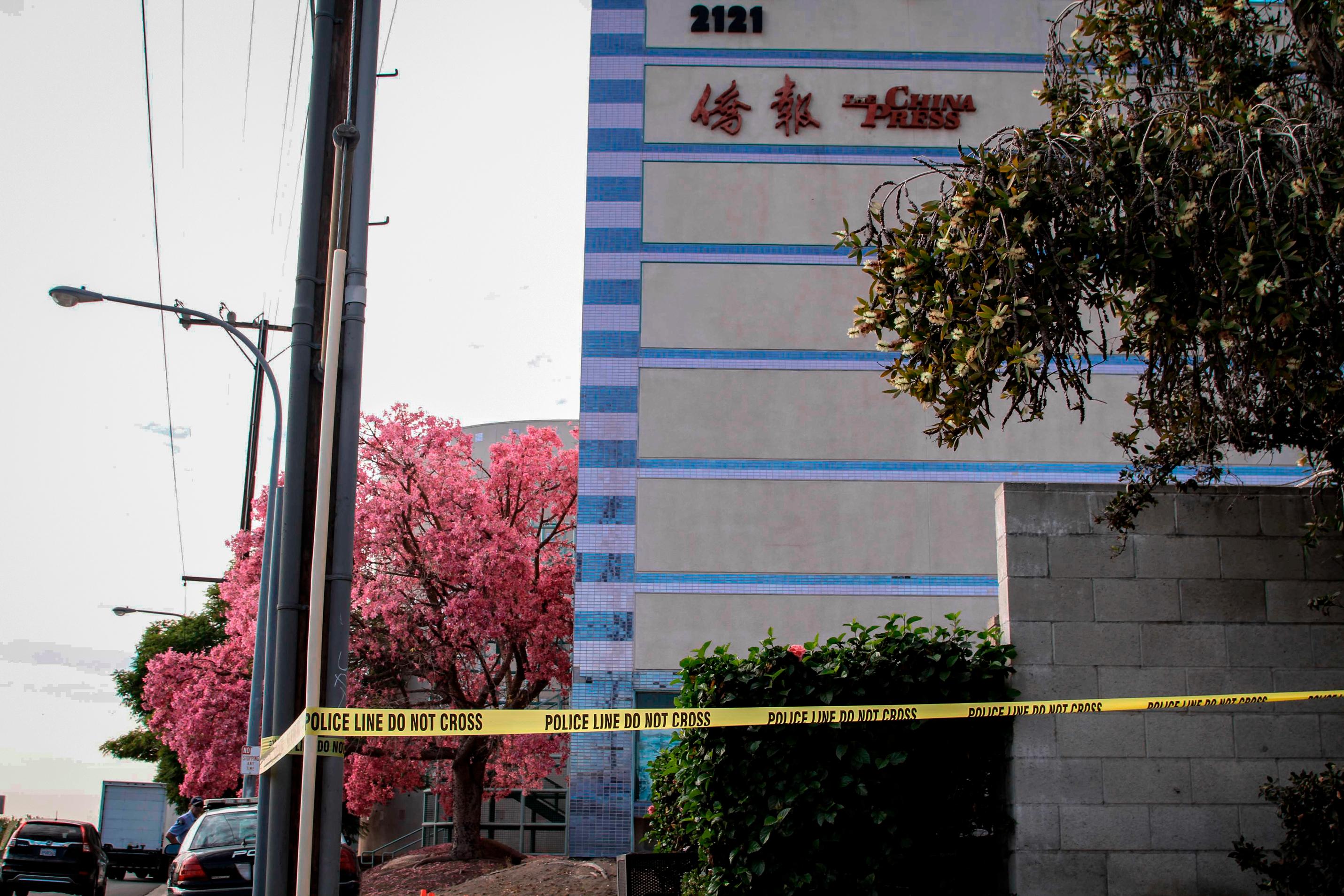
Its bright red logo, a color favored by the CCP, has made its way into Chinese grocery stores and newspaper stands in some of the biggest U.S. cities, including New York City, Chicago, Los Angeles, and the Washington area.
A handwritten plaque from Jiang hung on the wall of Mr. You’s New York City office, according to a former editor there who requested anonymity.
With the United States growing wary of Chinese influence peddling, the role of overseas media as a propaganda arm has also gained scrutiny.
“Communist China’s reach knows no bounds. News outlets must be on guard against Beijing’s deceptive tactics, which seek to undermine our interests and values and manipulate the flow of information,” Sen. Marco Rubio (R-Fla.) told The Epoch Times. “We must remain vigilant and resolute in defending our freedoms against these threats.”
Rep. Mike Gallagher (R-Wis.), the outgoing chairman of the House Select Committee on the CCP, told The Epoch Times last year that “there should be a warning sign” making clear the entity is “an appendage of the CCP and its propaganda.”
A Firm Reporting Policy
In July 1997, China Press boasted of being the only overseas Chinese-language newspaper allowed to attend the ceremony for Hong Kong’s handover to Chinese control.Its special coverage began 30 days ahead of the event. Ten editorials appeared during that period, offering full-throated support for the handover.
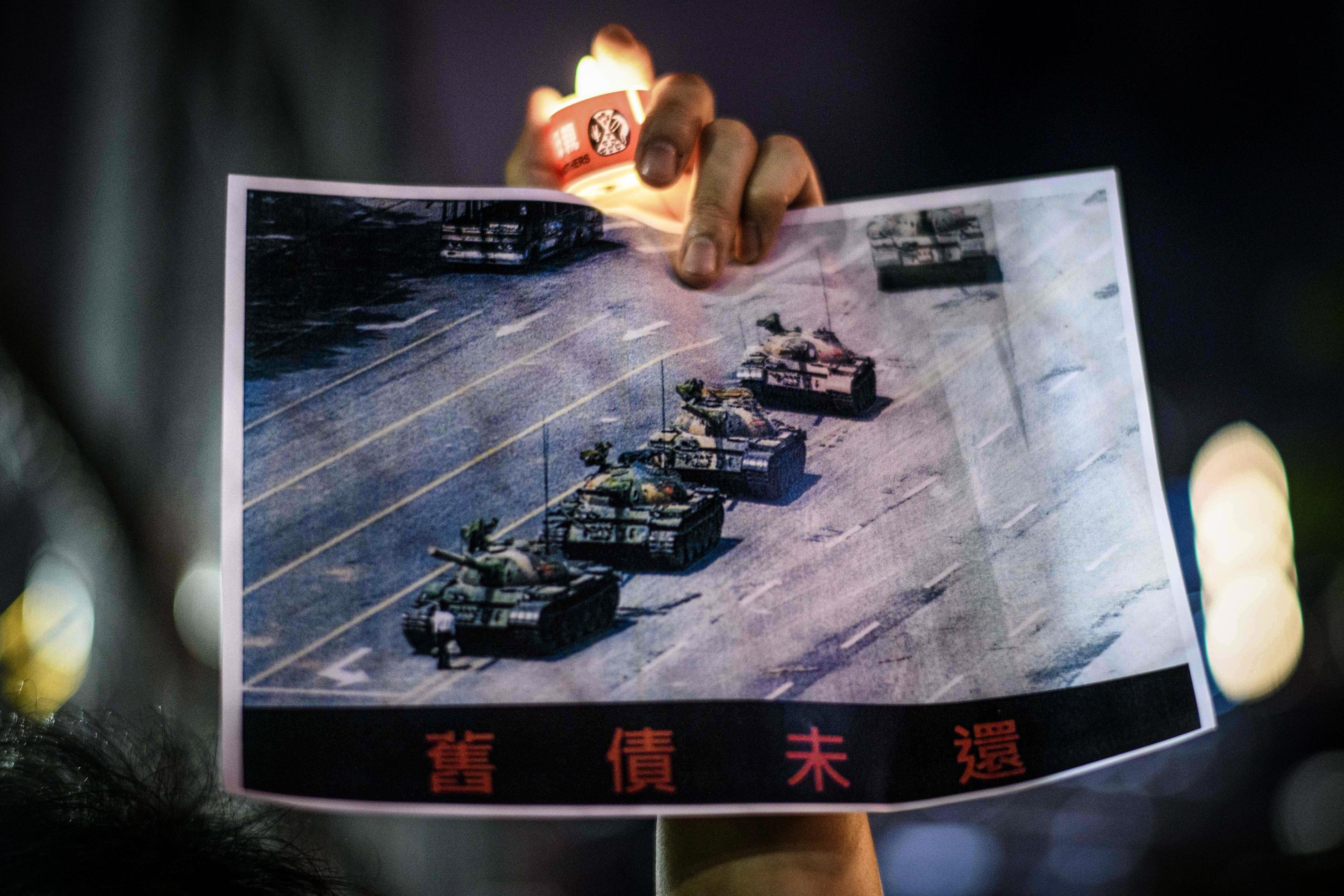
Such an admonishment would have been nothing remarkable in any Chinese state-controlled media. China Press, however, is ostensibly a privately held entity established in the United States.
For any coverage that reflects on the “dark side of Chinese society,” he instructed reporters to “investigate in depth to see if they are real.”
Mr. You returned to China in 2020, the former editor said.
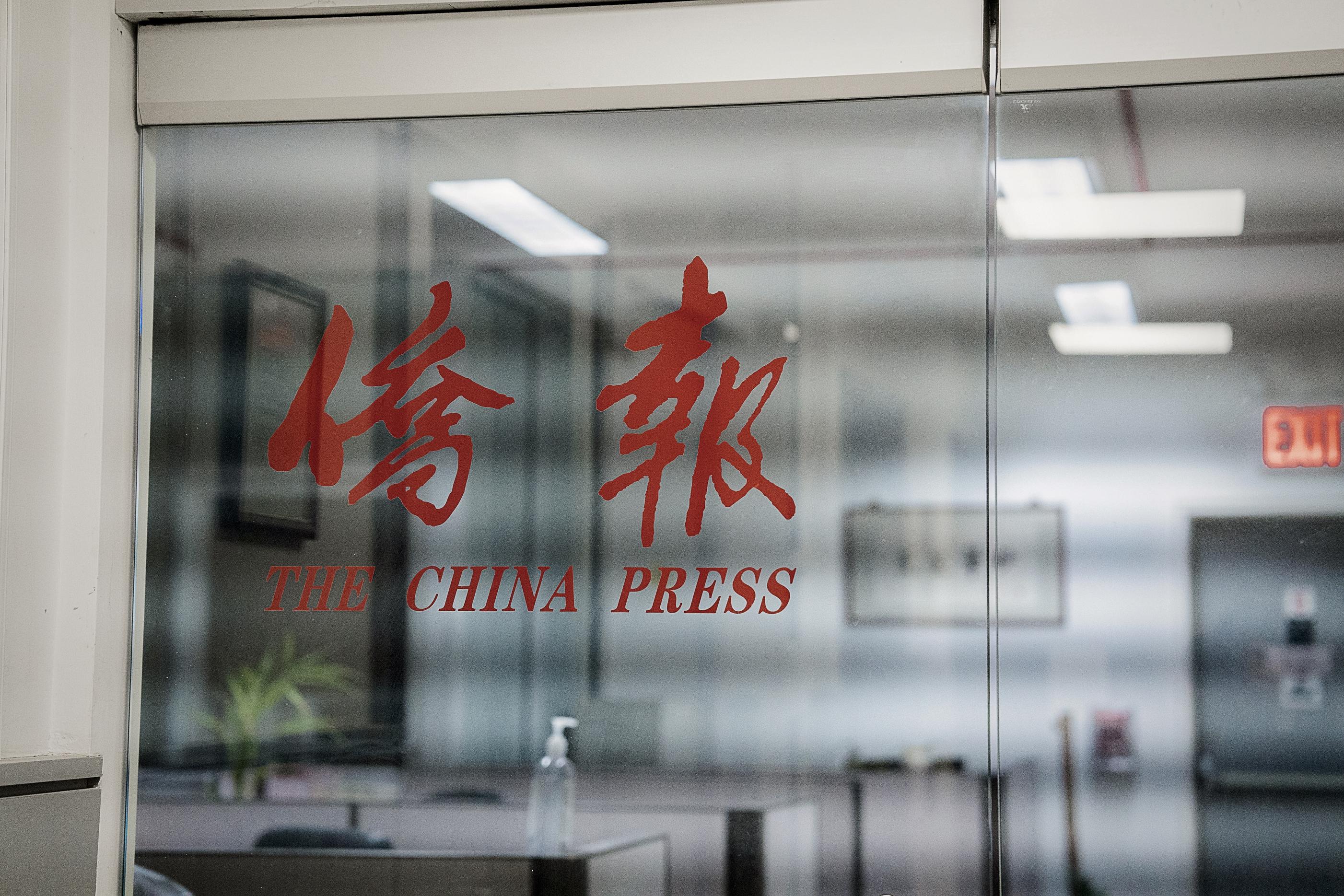
‘Lifeline’
The Beijing-based Overseas Chinese Affairs Office’s chief responsibility is to direct the CCP’s “United Front work,” which reshapes narratives, advances the regime’s agenda, and suppresses dissident voices.China Press has denied direct affiliation with the office, but its former staff see it differently. A former China Press reporter, who returned to China before the COVID-19 pandemic, had named the office as his workplace on social media. “United Front work” was a main duty he highlighted in his listed work experience at the outlet on his LinkedIn profile.
A look at China Press’s financing also raises questions.
“With little advertising and no one buying it, where does it get money?” a former assignment editor at a state media outlet in China told The Epoch Times, requesting anonymity for fear of reprisals.
He surmised that its funding, in no small sum, comes from China News Service, which is overseen by the Overseas Chinese Affairs Office. The funds might not come from Chinese authorities or the news service directly, she said, but through other Chinese entities to mask its origin.
Independently, two former China Press staff members said the same thing.
“China Press doesn’t make money. Its lifeline is the CCP,” the paper’s former editor told The Epoch Times.
The second, a former reporter, agreed.
“When the country is the financier, there’s definitely a way,” he told The Epoch Times. “What if they take a piece of paper and exaggerate some transaction numbers? They can also go through official channels or get money from the Chinese Consulate. There’s no way to find out. They can do business with companies based here.”
Even with the alleged money factor aside, the close affinity between China Press and Chinese state entities is hard to ignore.
In annual “overseas Chinese media advanced training courses” hosted in Beijing, senior staffers from China Press, and its broadcast-focused sister outlet SinoVision, present themselves as eager students.

No US Oversight
Unlike official Chinese state-affiliated entities such as China Daily, China Press has been shielded from U.S. oversight because of its private ownership. The newspaper is not registered as a foreign agent with the U.S. Justice Department, which would compel more transparency on its activities.In practice, though, whether the entity is privately held makes little difference, say China analysts and people who have worked with Beijing-linked entities for years.
The former assignment editor in China, already a green card holder living in the United States, said he was approached in recent years by a Chinese person who offered him a job at any overseas Chinese media of his choosing. China Press was one of the options.
The former Overseas Chinese Affairs Office press officer received an order in the 1990s to feed regular content to China Press for its new special section “promoting accomplishments from China’s nation-building efforts.”
Such sections have expanded over the years. The newspaper’s digital edition contains dedicated coverage of cities and governments all over China. In one, it touts how a village’s “miraculous” poverty eradication program is “going global.”
“China Press is an overseas propaganda tool for the CCP,” the former Overseas Chinese Affairs Office press officer, who also requested anonymity, told The Epoch Times.
Zhang Jing, a former news editor with New York City-based World Journal and Hong Kong’s Ming Pao, also said as much.
“The only difference is in name,” she told The Epoch Times.
In a “free environment like America,” China Press can do a lot to aid the regime, she said.
“China Press is basically an oxygen pipeline” for Beijing, she said.
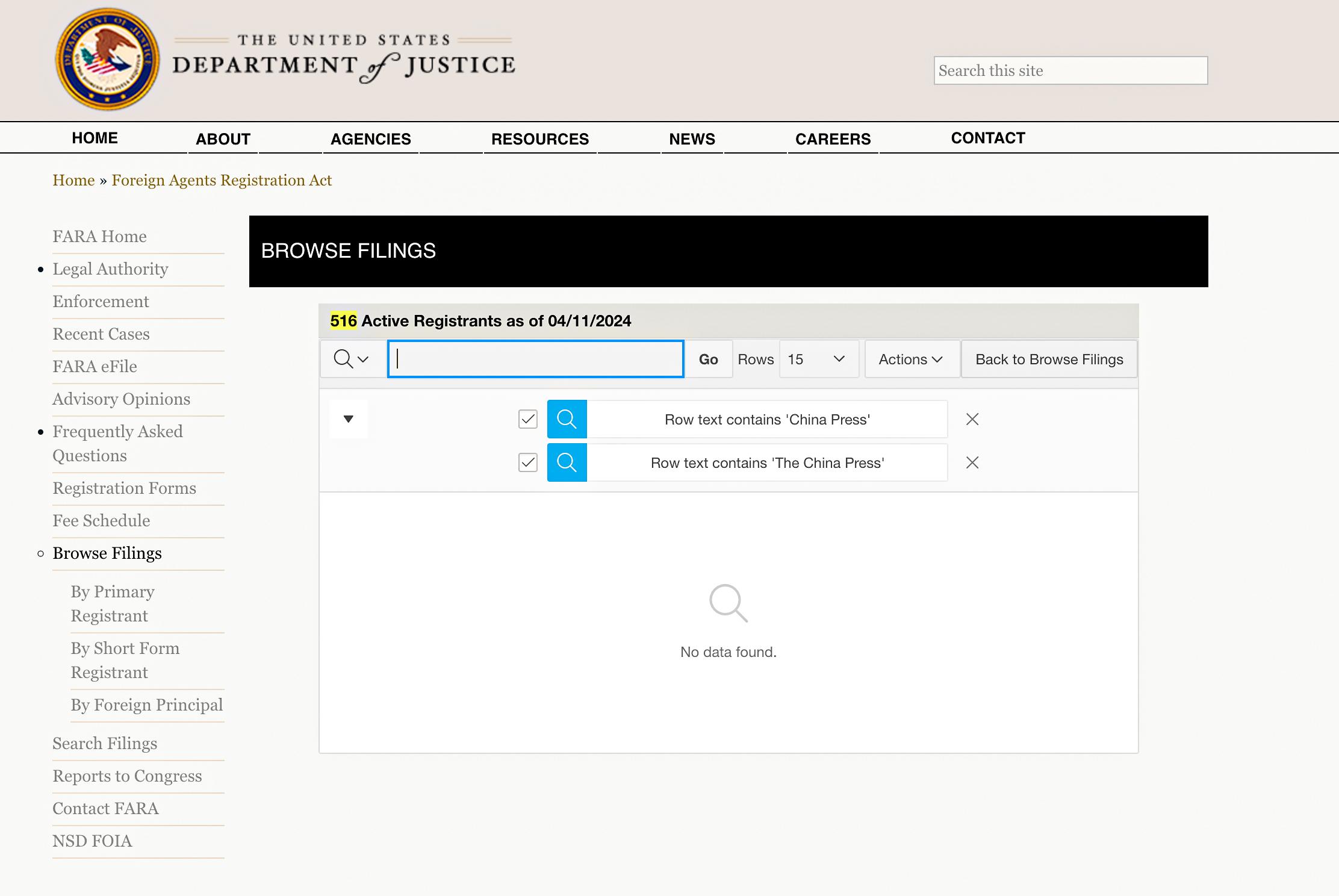
‘Believe It’s True’
The Chinese community in the United States is the largest overseas population outside Asia. In 2022, it was estimated that more than 5.4 million Chinese were living in the United States, according to Census data.Of them, two-thirds spoke their native tongue at home, and one-third had a limited command of English, leading to a reliance on Chinese-language sources for information.
In this immigrant population, China Press sees opportunity.
The question is, who decides what’s real versus fake?
All mentions of Falun Gong have now disappeared from China Press’s website. Also gone are trigger events such as the Tiananmen Square massacre.
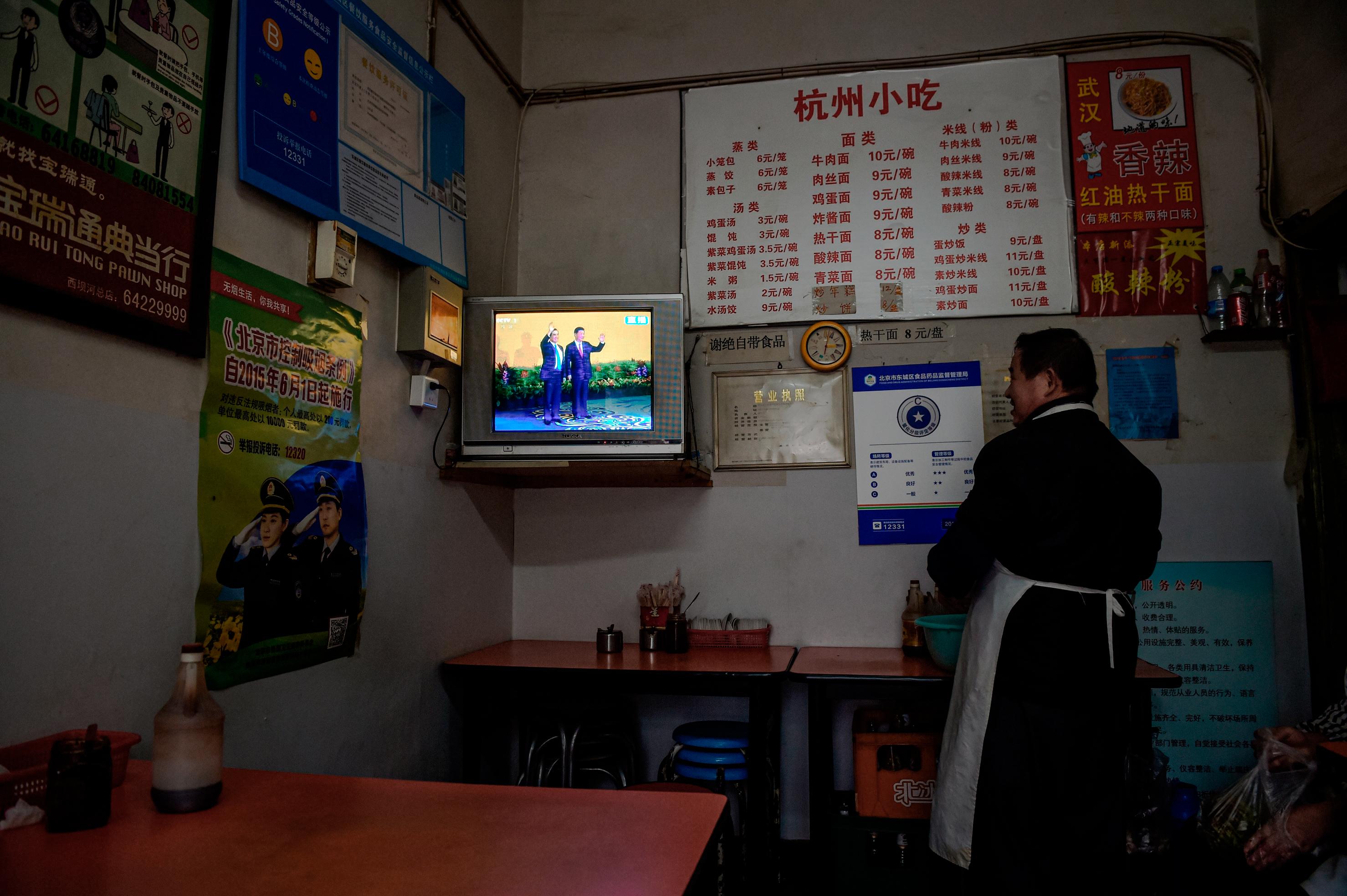
Full-sized ads run in the newspaper for days, broadcasting what the Party wants heard in large red characters.
It’s perhaps no surprise that Chinese officials return the favor.
In his words, it has “opened an important window” for overseas Chinese to “understand the homeland.”
The former China Press reporter said he never read the newspaper, even while working there. “It’s just a job,” he said. At most, he said, he checked to see if his articles were published.
“A lot of people from Fujian read China Press,” he said, referring to the province on the southeastern Chinese coast that accounts for a large portion of the Chinese immigrant population in the United States.
“They will trust its words because our fellow overseas Chinese still love their country. When they read China Press, they will believe it’s true.”
Seeding ‘Future Propagators’
To achieve the regime’s directive to “tell the China story well,” the idea is to have more voices—to “tell it together,” Sun Yumei, vice president of the Overseas Chinese Newspaper of Europe, said at a Beijing-based conference in 2022 strategizing how to spread Chinese influence. Her outlet serves a similar function to China Press.She placed particular emphasis on grooming the younger generation of overseas Chinese to become the “future propagator of China stories.”
China Press has been doing exactly that for years.
Ostensibly providing an opportunity for Chinese American teens to gain real-life journalistic skills, China Press started a “junior reporter club” in 2013, selecting a small cohort for an organized China tour each year. By 2019, the nationwide program had drawn nearly 200 U.S.-raised teens with Chinese language skills.
Chinese authorities played the part of a gracious host, granting the young visitors rare access and time with senior officials and encouraging them to build a career in China. Chinese media outlets printed ebullient remarks from the participants.
Chinese state media reports suggest that the effort to transform young hearts and minds was working.
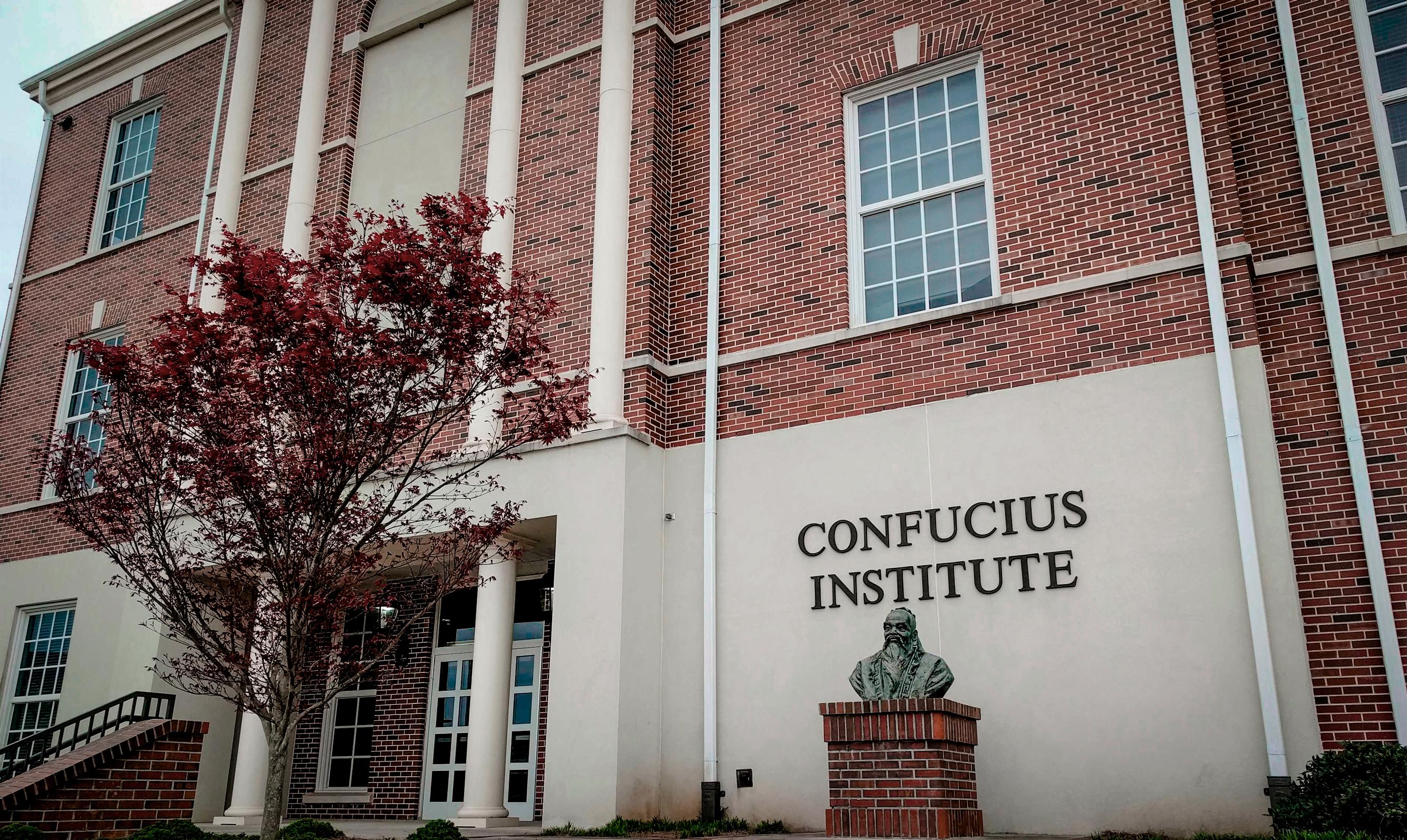
Political Warfare?
The pandemic appeared to have hit China Press hard.“The ads aren’t meant for the reader, it’s for the Chinese Consulate,” the former China Press reporter said. “Where else would you put up such ads except on China Press?”
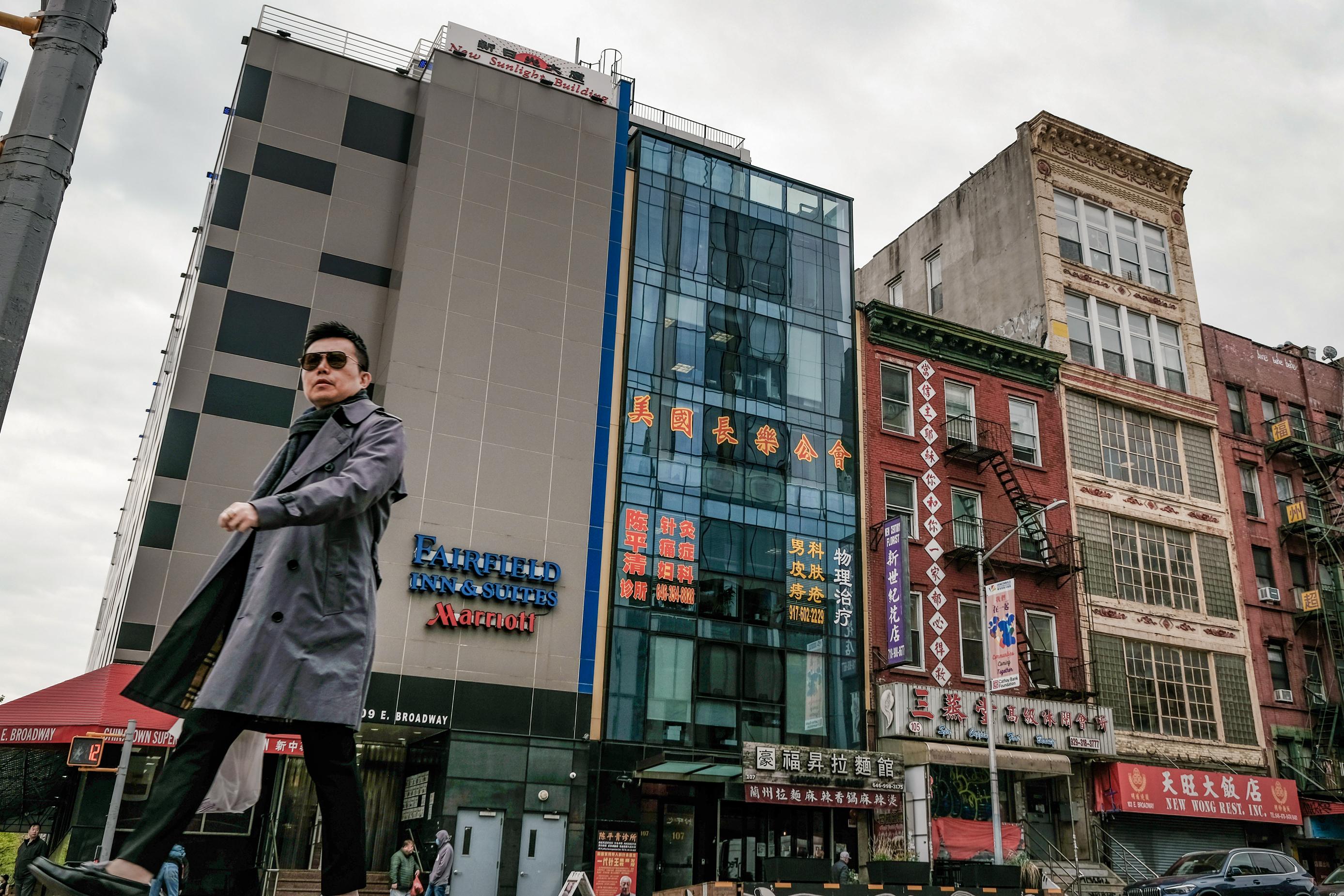
Entities such as China Press also serve more covert functions for the regime, said Ms. Zhang, the former World Journal editor.
Chinese authorities can send personnel from the mainland to work at these U.S.-based organizations, which are used as a cover, she alleged.
A former senior reporter who retired from a pro-Beijing Chinese newspaper in New York City, who spoke to The Epoch Times under the alias Zhao Wei, confirmed that has happened. She recalled one China Press manager admitting to having been “dispatched over” from China.
“I don’t know how long I can work here,” the person said, according to Ms. Zhao. She suspects that the person was part of China’s intelligence services.
The Epoch Times was unable to independently verify her claims.
Some members of Congress who have examined China Press’s background find it troubling.
Rep. Jim Banks (R-Ind.), who has pushed for stronger measures to deter Chinese influence operations, introduced a bill in March called “Countering China’s Political Warfare Act” to target United Front groups.
“The China Press was established by the propaganda arm of the Chinese Communist Party, the United Front, to whitewash the CCP’s crimes and human rights abuses,” he told The Epoch Times.
Mr. Banks said the newspaper “should be investigated and punished” for violating the Foreign Agents Registration Act, which requires entities representing foreign interests to make disclosures.
He said that this is how his bill can make a difference: by empowering authorities to “sanction the real owners of the China Press in Beijing for engaging in political warfare against the United States.”
The Epoch Times sent a list of questions to China Press, but didn’t receive a response by press time.
